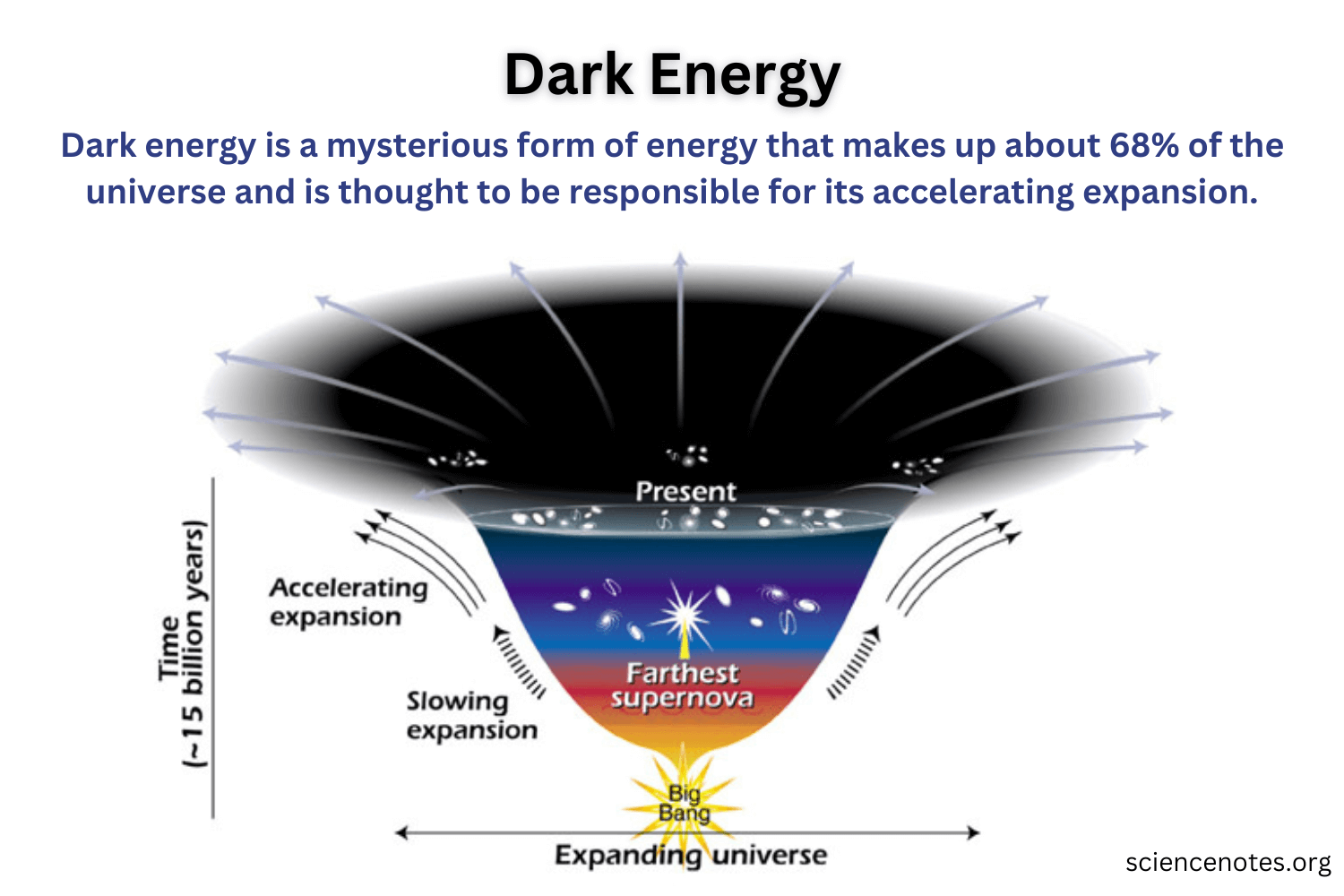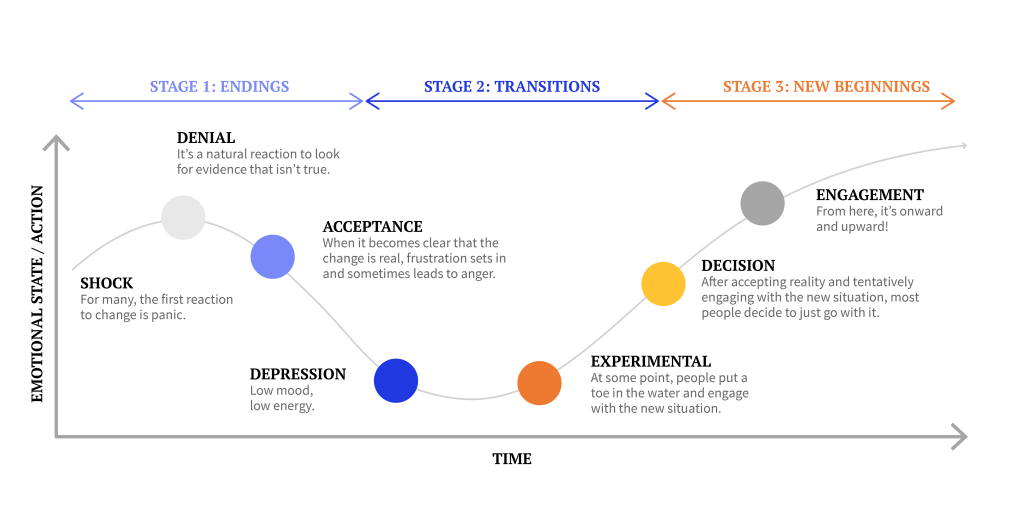Dark energy, the mysterious force behind the accelerating expansion of the universe, has captured the attention of astronomers and researchers worldwide. Recent findings from the Dark Energy Spectroscopic Instrument (DESI) collaboration have sparked new discussions about its nature, suggesting that the cosmological constant we long accepted could be weakening over time. This revelation could necessitate a paradigm shift in our understanding of cosmic expansion and the balance between matter and dark energy. By investigating the distribution of galaxies, DESI not only provides insights into dark energy but also sheds light on galaxy evolution and the broader context of universe research. With over 900 researchers involved, the work of DESI is paving the way for groundbreaking discoveries in how we comprehend the very fabric of space-time.
The enigmatic force often referred to as dark energy plays an essential role in the dynamics of our cosmos. As we probe deeper into the complexities of cosmic forces, we encounter this elusive energy that drives the acceleration of the universe’s growth. Recent studies conducted through dedicated instruments like the Dark Energy Spectroscopic Instrument aim to unravel its mysteries, raising important questions about the evolving nature of cosmic expansion and the implications it has on our understanding of the universe. Exploring this hidden aspect not only advances our knowledge of galaxy formation and evolution but also invites new interpretations of the principles that govern the cosmos, such as the cosmological constant. As researchers continue to analyze vast data from galaxies and quasars, they forge a path toward a more nuanced comprehension of dark energy and its profound impact on the universe.
Understanding Dark Energy and Its Role in Cosmic Expansion
Dark energy is a pivotal force in the universe, influencing the rate at which the cosmos is expanding. Classified as a form of energy that permeates all of space, it constitutes roughly 68% of the universe’s total energy density. The concept of dark energy stems from observations indicating that galaxies are receding from each other at an accelerating pace, an effect documented through various astronomical surveys. As researchers delve deeper into the nature of dark energy, they uncover complexities that challenge existing theories, particularly the idea that it might act as a constant force across time.
Recent findings from the Dark Energy Spectroscopic Instrument (DESI) collaboration suggest that dark energy might not remain constant, as once believed. This potential variability raises profound questions about the foundational principles of cosmology. By mapping the universe’s expansion over billions of years, scientists are gaining insights into how dark energy interacts with matter throughout time. This research plays a vital role in adjusting the theoretical models that explain the universe’s dynamics and contributes significantly to our understanding of cosmic acceleration.
The implications of dark energy extend beyond mere cosmic expansion; they impact our comprehension of the universe’s fate. Dark energy’s effects must be understood in conjunction with other astronomical phenomena, including the formation and evolution of galaxies. This interaction could redefine our models of the cosmos, particularly concerning the balance between gravitational forces and the continuous push of dark energy. As researchers refine their measurements and improve the quality of their data, they might uncover even more unexpected behaviors of this elusive force.
Furthermore, studying dark energy invites an interdisciplinary approach, integrating knowledge from various fields such as physics, astronomy, and mathematics. Collaboration among global institutions is essential, as it fosters the exchange of ideas and innovation. The extensive data sets produced by DESI equip researchers with advanced tools to probe deeper into cosmic history and evolution. Understanding how dark energy affects galaxy formation and distribution could illuminate the intricate tapestry of our universe’s development.
The Role of DESI in Revolutionizing Universe Research
The Dark Energy Spectroscopic Instrument (DESI) is at the forefront of modern astronomical research, fundamentally reshaping our understanding of the universe. By capturing light from over 14 million galaxies and quasars, DESI provides an unprecedented 3D map of the cosmic structure, allowing for the analysis of dark energy’s influence on cosmic expansion. This massive undertaking fosters collaboration among scientists from numerous institutions worldwide, highlighting the importance of teamwork in tackling complex cosmic questions.
DESI’s sophisticated technology not only enhances our knowledge of dark energy but also fuels investigations into galaxy evolution and cosmic structure. The instrument’s ability to measure the distances and velocities of celestial bodies with incredible precision opens new avenues for understanding how galaxies interact and form over billions of years. Moreover, the data collected enables researchers to explore the cosmic web’s intricacies, revealing the underlying framework that governs the universe’s vast landscape.
Through rigorous analysis and algorithm development, DESI contributes significantly to refining the cosmological models that predict how galaxies evolve and interact under the influence of dark energy. Each revelation from DESI leads to new questions, pushing the boundaries of what we know and expanding our curiosity about our place in the cosmos. As scientists continue to unravel these cosmic mysteries, DESI stands out as a landmark project that will undoubtedly leave its mark on the field of cosmology for decades to come.
Ultimately, the ongoing research powered by the DESI collaboration plays a crucial role in shaping our understanding of the universe’s fate. As researchers compile and publish their findings, the breadth of knowledge shared not only enriches the scientific community but also extends opportunities for public engagement in astrophysics. By making vast datasets accessible, DESI encourages a broader audience to explore and appreciate the marvels of the universe.
New Insights into Galaxy Evolution Through Dark Energy Studies
The interplay between dark energy and galaxy evolution has emerged as a pivotal focus area for astronomers seeking to understand the cosmos. DESI’s expansive data set allows researchers to track the behavior and distribution of galaxies over time, shedding light on how dark energy impacts galaxy formation. By analyzing the early universe’s characteristics, scientists can discern patterns related to Baryon Acoustic Oscillations, which serve as crucial indicators of cosmic expansion influenced by dark energy.
This ongoing exploration reveals how the very structure of the universe is shaped by dark energy’s acceleration effects. As galaxies form and cluster, understanding the role of dark energy helps astronomers predict future cosmic evolution. The findings are essential for explaining the observable universe’s large-scale structure and for developing effective models that describe galaxy dynamics over billions of years. With each discovery made through DESI’s high-resolution mapping, the picture of how galaxies evolve under dark energy’s influence becomes clearer.
Moreover, studies of galaxy evolution are inherently tied to broader questions in cosmology, such as the fate of the universe. If dark energy is transforming over time, this could significantly alter our predictions regarding galaxy interactions and formation processes. Consequently, investigations into galaxy evolution are crucial for validating or challenging existing cosmological theories, ultimately informing our understanding of the universe’s destiny.
As researchers build upon the insights generated by DESI, they not only expand our scientific knowledge but also cultivate a greater appreciation for the challenges faced in the pursuit of universal truths. Sharing these insights with the public can inspire future generations to engage with scientific disciplines, fostering a culture of inquiry around the mysterious forces shaping our universe.
The Future of Cosmological Research and Dark Energy
As astronomical technology continues to advance, the future of cosmological research is poised to uncover profound insights about dark energy and its role in shaping the universe. The DESI project represents a significant leap toward understanding the implications of dark energy on cosmic expansion and structure. With ongoing data releases and collaborations, scientists are continuously refining their models, paving the way for new discoveries and interpretations regarding the universe’s evolution.
The next steps in research will involve leveraging the vast datasets provided by DESI to investigate the nuances of dark energy further. As we contemplate the future, researchers will focus on understanding the cosmological constant and whether it remains static or evolves over time. This question underpins a crucial aspect of our understanding of the universe, with ramifications that extend to various cosmic phenomena, including galaxy formation and the distribution of galactic clusters.
Moreover, as researchers harness the power of machine learning and AI to analyze cosmic data, they anticipate uncovering patterns and correlations previously overlooked. This innovative approach enhances the study of both dark energy and galaxy evolution, enabling scientists to test predictions against observed phenomena with unprecedented accuracy. The future of cosmological research is bright, with the promise of new insights and a refined understanding of the forces that dictate the universe’s trajectory.
Public engagement and accessibility of data will play a vital role in driving the next wave of cosmological investigations. By opening scientific exploration to a broader audience, DESI not only democratizes access to knowledge but also fosters enthusiasm and support for astrophysical research. As we look ahead, the global collaboration will remain key in unraveling the mysteries of dark energy and its impact on the universe, ensuring that future generations can build upon the foundational work accomplished today.
Frequently Asked Questions
What is dark energy and how does it affect cosmic expansion?
Dark energy is a mysterious form of energy that is believed to drive the accelerated expansion of the universe. It comprises about 68% of the universe and counteracts gravitational forces, leading to increased cosmic expansion over time. Understanding dark energy is crucial, as it influences the overall dynamics of the universe.
How does the Dark Energy Spectroscopic Instrument (DESI) contribute to dark energy research?
The Dark Energy Spectroscopic Instrument (DESI) plays a vital role in dark energy research by mapping the distribution of galaxies and quasars across the universe. Its comprehensive data collection allows scientists to examine how dark energy influences cosmic expansion and can give insight into its potential changes over time.
What role does the cosmological constant play in our understanding of dark energy?
The cosmological constant is a term introduced by Einstein in his equations to represent a static universe. It is often associated with dark energy and provides a mathematical framework to understand the accelerated expansion of the universe. Recent findings suggest that the cosmological constant may not be constant, indicating a potential shift in our comprehension of dark energy.
How does the study of baryon acoustic oscillations help in measuring dark energy’s effects?
Baryon acoustic oscillations (BAO) are fluctuations in the density of visible matter in the universe and serve as a cosmic ‘ruler’. By measuring the size of BAO at different epochs, researchers can track the expansion rate of the universe and assess the strength and influence of dark energy over billions of years.
What implications do changing dark energy effects have for galaxy evolution?
If dark energy is changing over time, it could significantly impact galaxy evolution by altering the formation and distribution of galaxies. As dark energy drives cosmic expansion, variations in its effect may lead to differences in how galaxies cluster and evolve throughout the universe’s history.
Why is understanding dark energy crucial for the future of universe research?
Understanding dark energy is essential for future universe research because it plays a critical role in determining the fate of the universe. As the leading force behind cosmic expansion, insights into dark energy’s properties may reshape our current models of the universe, addressing fundamental questions about its structure, evolution, and potential end.
How can the public access data from the Dark Energy Spectroscopic Instrument?
The public can access data from the Dark Energy Spectroscopic Instrument (DESI) through its Data Release 1, which contains detailed information about millions of celestial objects. This dataset is available on the online repository arXiv, enabling a wider audience to explore and conduct independent research related to dark energy and other astrophysical phenomena.
What are the main research goals associated with dark energy at the Center for Astrophysics?
At the Center for Astrophysics, the main research goals related to dark energy include investigating its influence on cosmic expansion, studying galaxy evolution, exploring the cosmic web, and understanding the structural formation of the Milky Way. Through collaborations like DESI, researchers aim to gain new insights into the mysteries surrounding dark energy.
| Key Points | Details |
|---|---|
| Dark Energy Weakening | Recent findings suggest dark energy, thought to be a ‘cosmological constant,’ may be weakening over time. |
| Importance of DESI | The Dark Energy Spectroscopic Instrument (DESI) is critical for analyzing dark energy’s impact on the universe. |
| 3D Universe Map | DESI uses the largest 3D map of the universe created from 14 million galaxies and quasars. |
| Baryon Acoustic Oscillations | Patterns in matter distribution allow researchers to measure dark energy’s strength throughout history. |
| Collaboration Scale | Over 900 researchers from more than 70 institutions are involved in the DESI project. |
| CfA Contributions | CfA researchers made significant contributions including algorithm development, cosmological interpretations, and public outreach. |
Summary
Dark energy is a central topic in our understanding of the universe’s fate. Recent research indicates that dark energy may not be a constant, as previously believed, but could be changing over time, challenging long-standing cosmological theories. The collaborative efforts of distinguished researchers, including those from the Center for Astrophysics | Harvard & Smithsonian, are crucial in unraveling these mysteries. The Dark Energy Spectroscopic Instrument (DESI) has provided groundbreaking insights with its unprecedented 3D maps and extensive data on cosmic structures. As DESI continues its mission, it will undoubtedly enhance our comprehension of dark energy and the universe’s expansion.



